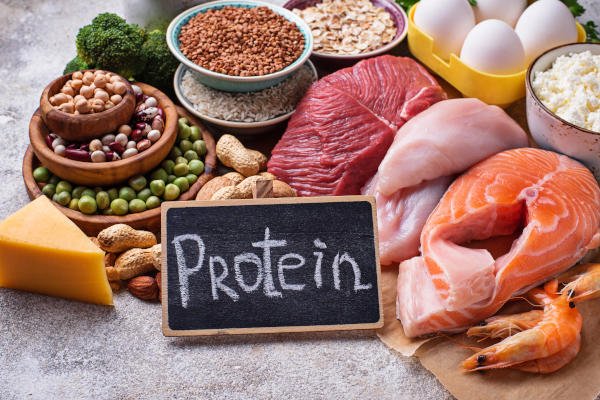Proteins are complex biomolecules composed of chains of amino acids. They are necessary for the healthy growth, maintenance and repair of tissues. Proteins play a vital role in several physiological activities performed by the human body. They form an integral part of skin, bone, muscle, ligaments and tendons. Haemoglobin of blood, enzymes, hormones, antigens and antibodies are made of proteins either completely or partially.
Unlike carbohydrates and lipids, proteins cannot be stored inside the body. They are supplemented through daily meals. The need of dietary proteins depends on total calorie consumption. 10 to 35 percent of daily calorie intake from proteins is recommended by the National Academy of Sciences.
Proteins are differentiated into complete and incomplete proteins based on the presence of essential amino acids. Complete proteins obtained from animal sources contain all 9 essential amino acids, whereas incomplete proteins obtained from plant sources lack some of the essential amino acids. Both of them are equally important.
Some of the sources of complete proteins are meat, egg, poultry, fish, seafood and dairy products, soy products and tofu. Sources of incomplete proteins include lentils, beans, whole grains, peas, nuts, seeds, algae, seaweeds and green vegetables. Though wide varieties of dietary proteins are available, selection of proper supplement is very important as most of the animal sources are associated with cholesterol and unhealthy saturated fat.
Insufficient protein intake leads to conditions like oedema, muscle and bone weakness and skin ulcers. Research shows that a protein rich diet helps in curing obesity and in building lean muscle. So, it is time now to enhance our health with a protein rich diet.


Leave a Reply